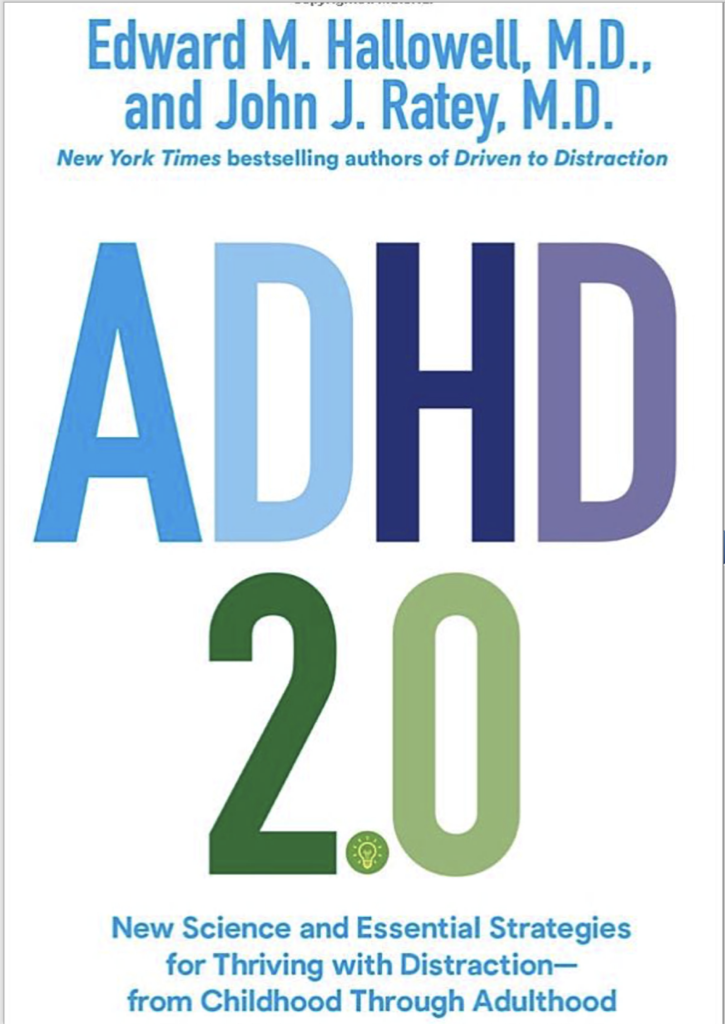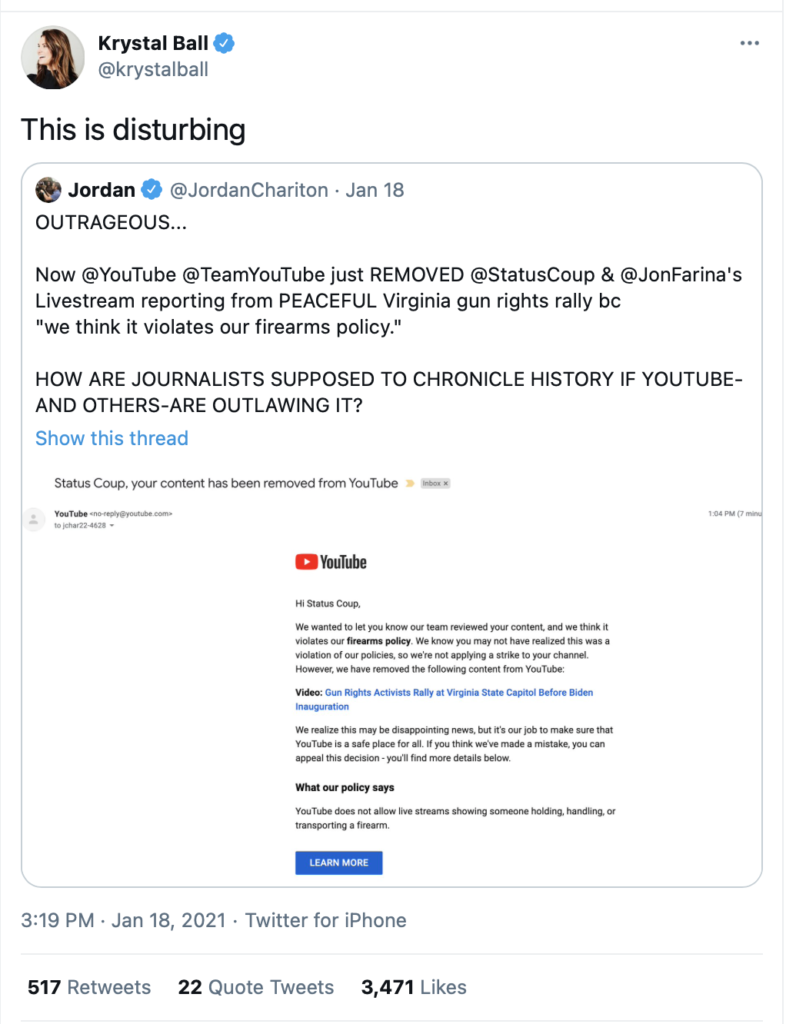What is Passing for Science These Days at Scientific American . . .
If you are looking for science at Scientific American, you'll need to look a litter harder. This is from a Scientific American article titled "It's Time to Take the Penis off Its Pedestal: A culture of phallus worship has slanted the science in crucial and sometimes unexpected ways."
Yet thanks to the assumption that anything large and powerful must be male, a phallus with more imposing qualities—like the hyena’s—gets dubbed a “pseudopenis,” "masculinized" or “malelike.” Those who spend a lot of time with human genitalia see it differently. “What I’ve come to realize is that everything a man has a woman has; everything a woman has, a man has, anatomically,” says Dr. Marci Bowers, a gender affirmation surgeon in Palo Alto who has done more than 2,000 male-to-female surgeries. “The penis is just a large clitoris. In fact, I don’t know why they don’t just call it a large clitoris.” Here’s why: because human biases shape scientific knowledge, and much of what we know about our nether regions has been shaped by lazy, antiquated stereotypes about what men and women are.
On Twitter, biologist Colin Wright is barely holding it together after spotting this article. That's probably because he specializes in writing "old-fashioned" biology article suggesting antiquated things like his claim that there are two biological sexes and that men are different than women. And see here.
In the meantime, back at Twitter, "M" responded to Wright's Tweet with this:
And then "Prominent Public Figure responded with this:

And there were dozens of other responses whose witticisms rivaled in intensity their frustrations of seeing Scientific American's loss of respectability.
Finally, I wanted to know more about Rachel E. Gross, who wrote this "science" article. To my dismay, I noticed that she also wrote for Smithsonian Magazine, though (thankfully) not recently. She has even written about the challenge of getting evangelicals to understand evolution, but that was before her apparent conversation to the religion of Wokeness.




